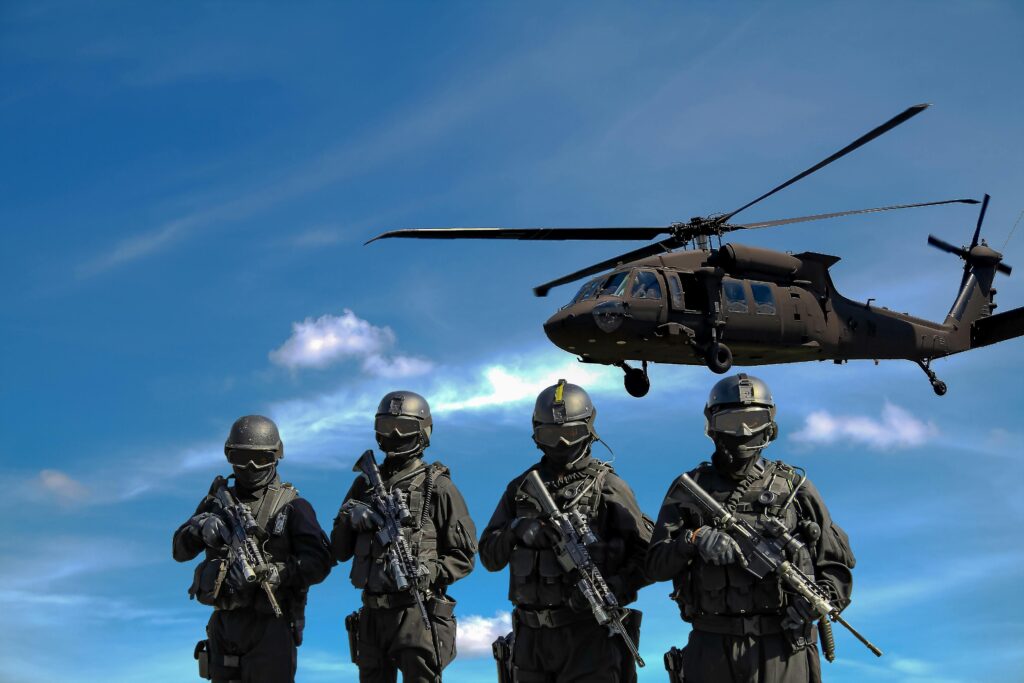The Yom Kippur War of October 1973 remains a pivotal moment in the annals of international relations, illustrating the intricate dance of diplomacy and conflict that characterizes global politics. This conflict, which erupted between Israel and a coalition of Arab states led by Egypt and Syria, not only reshaped the Middle East but also elicited a broad spectrum of international reactions that influenced subsequent diplomatic strategies and alliances.
The conflict commenced on October 6, 1973, during Yom Kippur, the holiest day in the Jewish calendar. The surprise attack by Egypt and Syria aimed to exploit what was perceived as Israel’s vulnerability and to reclaim territories lost during the Six-Day War of 1967. The war lasted until October 25, 1973, and its aftermath prompted a series of reactions from the international community that would have enduring consequences for both regional and global diplomacy.
The Role of Superpowers
The United States and the Soviet Union, as the principal superpowers of the time, played crucial roles in shaping the international response to the Yom Kippur War. The U.S., under President Richard Nixon and Secretary of State Henry Kissinger, was deeply invested in supporting Israel. The American administration’s response was swift and robust; it initiated a large-scale airlift of military supplies to Israel, ensuring that its ally could sustain its defense efforts. This support was driven not only by a commitment to Israel but also by geopolitical considerations during the Cold War, as the U.S. sought to counter Soviet influence in the Middle East.
Conversely, the Soviet Union, which had long supported Arab states, sought to bolster its allies, particularly Egypt and Syria. The Soviet reaction involved diplomatic and logistical support, though it was less direct than the U.S. airlift. The USSR’s strategy was aimed at countering American dominance in the region and maintaining its influence over Arab states. This superpower rivalry underscored the Cold War context of the Yom Kippur War, where regional conflicts were often extensions of global ideological battles.
The Impact on Arab-Israeli Relations
The Yom Kippur War was a catalyst for a shift in Arab-Israeli relations. For the Arab world, the conflict represented both a military and symbolic victory. Despite the initial setback, the war demonstrated the ability of Arab forces to challenge Israeli military supremacy. This newfound confidence led to a more assertive diplomatic posture in subsequent negotiations.
The most significant diplomatic outcome was the subsequent peace process, notably the Camp David Accords of 1978. The war created a new dynamic that made peace negotiations more feasible. Egyptian President Anwar Sadat, leveraging the post-war sentiment and the resultant geopolitical shifts, embarked on a bold peace initiative. His visit to Jerusalem in 1977 and the negotiations that followed culminated in a historic peace treaty with Israel in 1979. This agreement marked the first recognition of Israel by an Arab state and set a precedent for future diplomatic engagements.
The European Perspective
European reactions to the Yom Kippur War were marked by a mix of concern and pragmatism. European nations, heavily reliant on Middle Eastern oil, were anxious about the potential for the conflict to disrupt global oil supplies. This concern was realized when the Organization of Arab Petroleum Exporting Countries (OAPEC) imposed an oil embargo on nations supporting Israel, leading to a significant energy crisis in Europe.
European countries, including the United Kingdom and France, called for a ceasefire and supported diplomatic efforts to de-escalate the situation. The European Economic Community (EEC), now the European Union, also played a role in advocating for negotiations and peace. Europe’s reaction reflected its growing involvement in international diplomacy and its emerging role as a mediator in global conflicts.
The United Nations and Peacekeeping Efforts
The United Nations, as a global institution dedicated to maintaining peace and security, was actively involved in responding to the Yom Kippur War. The UN Security Council quickly passed Resolution 338, calling for an immediate ceasefire and the implementation of Resolution 242, which demanded Israeli withdrawal from occupied territories. This resolution laid the groundwork for the eventual peace process.
UN peacekeeping forces were deployed to supervise the disengagement of forces and ensure compliance with the ceasefire agreements. The United Nations’ role in the post-war period highlighted its capacity to facilitate conflict resolution and stabilize volatile situations.
Conclusion
The international reactions to the Yom Kippur War were as complex and multifaceted as the conflict itself. The responses of superpowers, regional actors, and international institutions shaped the course of the war and its aftermath. The war acted as a catalyst for diplomatic breakthroughs and realignments, influencing the trajectory of Middle Eastern politics and international diplomacy for decades to come. As we reflect on the Yom Kippur War, it serves as a poignant reminder of the intricate interplay between conflict and diplomacy in shaping the global order.










